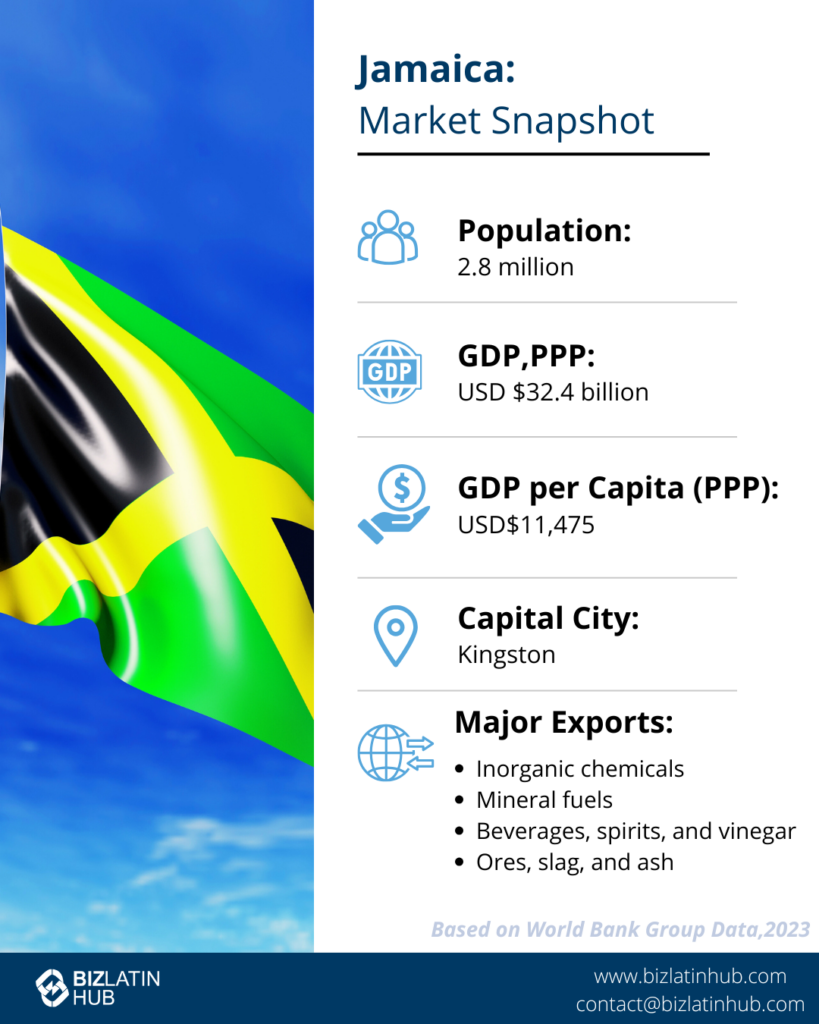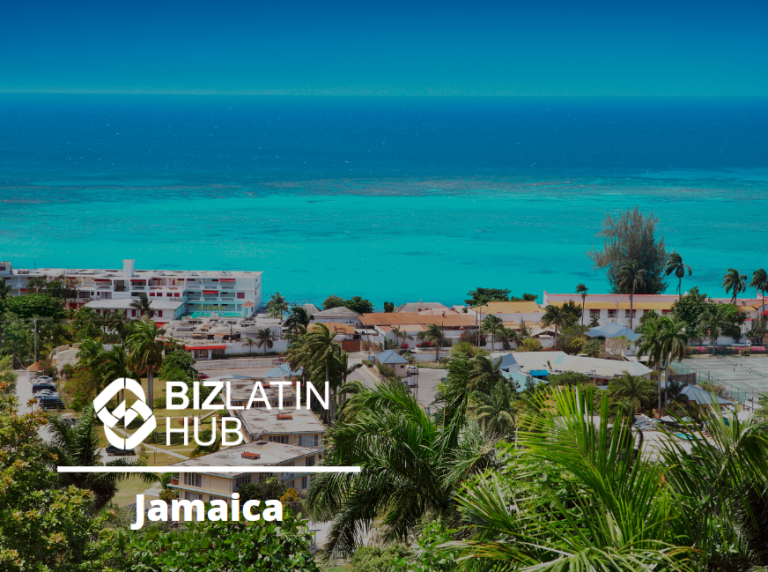Liquidating a company in Jamaica is a formal process that requires careful planning, legal compliance, and coordination with regulatory bodies. Whether you’re winding up a dormant entity, exiting the Jamaican market, or facing insolvency, understanding the legal framework is essential to avoid complications and protect stakeholders. This will also make future company formation in Jamaica much easier if you want to re-enter the market.
Key Takeaways on Entity Liquidation in Jamaica
What types of liquidation exist in Jamaica? | Liquidation can be voluntary—initiated by shareholders—or involuntary, typically triggered by insolvency or court order. |
What laws govern the process? | The Companies Act (2004) and the Insolvency Act (2014) provide the legal framework for winding up entities. |
Who oversees the liquidation? | A liquidator is appointed to manage the process, including settling debts, distributing assets, and filing final reports |
| How long does liquidation take? | Voluntary liquidation usually takes between 3 to 12 months, while court-supervised cases may take longer. |
What are the final steps to dissolve a company? | The company must file all required documents with the Companies Office of Jamaica to be officially removed from the registry. |
Voluntary vs. Involuntary Liquidation
Voluntary liquidation is initiated by shareholders when the company is solvent but no longer viable. It involves passing a resolution, appointing a liquidator, settling debts, and distributing remaining assets.
Involuntary liquidation occurs when a company is insolvent and creditors or the court initiate proceedings. The process is managed under the Insolvency Act and may involve court-appointed liquidators and judicial oversight.
Steps to Liquidate a Company in Jamaica
- Board/Shareholder Resolution
Shareholders must pass a special resolution to wind up the company and appoint a liquidator. - Notify Authorities
File the resolution with the Companies Office of Jamaica (COJ) and notify the Office of the Supervisor of Insolvency (OSI) if applicable. - Asset Valuation and Debt Settlement
The liquidator identifies and sells company assets, pays off creditors, and prepares financial statements. - Final Winding-Up Meeting
A meeting is held to present the final Statement of Receipts and Payments. The Return of Final Winding-Up Meeting must be filed with COJ within one week. - Disposal of Records
A resolution regarding disposal of company books must be filed within three months of the final meeting. - Deregistration
Submit final documents to COJ to strike the company off the register. The company ceases to exist upon issuance of the dissolution certificate.

Legal and Compliance Considerations
Before a company in Jamaica can be formally liquidated, several legal and compliance obligations must be fulfilled. These include securing tax clearance by settling all corporate taxes, General Consumption Tax (GCT), and statutory deductions. Employers must also address any outstanding labor obligations, such as severance payments or unresolved employee claims.
Additionally, businesses are required to retain company records for a minimum of seven years following dissolution. Finally, any updates to beneficial ownership must be filed with the Companies Office of Jamaica (COJ) prior to closure to ensure full regulatory compliance.
Common Reasons for Liquidation
Companies in Jamaica may choose to liquidate for a variety of strategic or operational reasons. Common motivations include business restructuring or exiting the local market, insolvency or an inability to meet financial obligations, prolonged dormancy or lack of profitability, and challenges related to compliance or ongoing legal disputes. Each of these scenarios can prompt stakeholders to initiate the formal winding-up process to ensure a clean and compliant closure.
FAQs on Entity Liquidation in Jamaica
Voluntary liquidation may take 3–12 months. Court-supervised processes can extend beyond a year depending on complexity.
The liquidator—appointed by shareholders or the court—manages asset disposal, debt settlement, and reporting.
Shareholder resolution, liquidator appointment, final financial statements, Return of Final Winding-Up Meeting, and disposal resolution.
Yes. Foreign entities must provide notarized resolutions and ensure all local obligations are fulfilled.
Yes. Inactive companies that are not legally dissolved may incur fines and continue to accrue tax obligations.
The liquidator evaluates and either fulfills or terminates contracts based on legal and financial feasibility.
Biz Latin Hub can help you with entity liquidation in Jamaica
At Biz Latin Hub, our multilingual team of company formation specialists has extensive experience in supporting foreign executives when starting a business in Latin America. We offer a complete set of services for your business needs, such as legal, accounting, and recruitment support.
You can rely on us as your main contact for entering and doing business in any of the markets in Latin America and the Caribbean where we operate. Biz Latin Hub offers expert support for company liquidation in Jamaica, including legal advisory, accounting, and regulatory compliance.
Contact us now for personalized assistance or a free quote on company formation in Latin America. Learn more about our team and expert authors.






